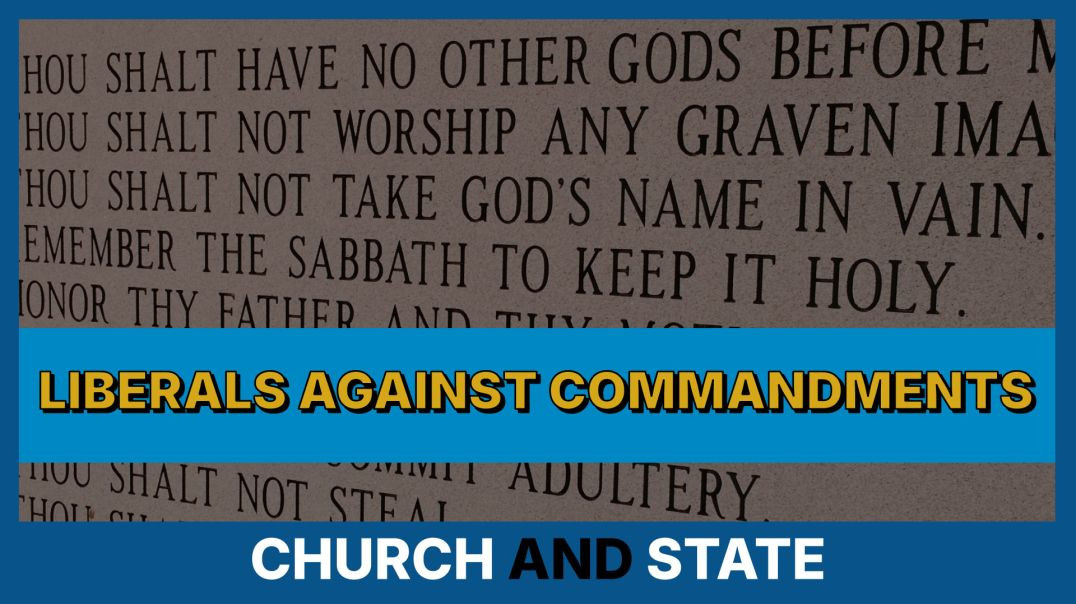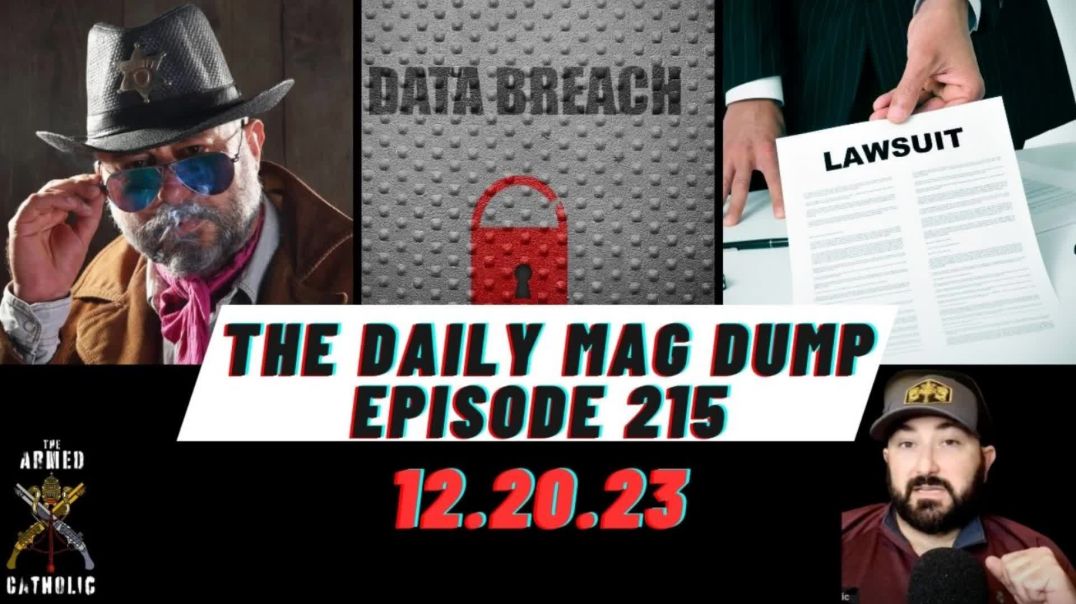Baltimore Catechism, Lesson 20: The 7th, 8th, 9th & 10th Commandments
On this episode we round out our discussion on the Ten Commandments and give you some insights on how the Church looks at them and how they apply today. Thanks for listening!
259. What is the seventh commandment of God?
The seventh commandment of God is: Thou shalt not steal. (Exodus 20:15)
260. What are we commanded by the seventh commandment?
We are commanded to respect what belongs to others, to live up to our business agreements, and to pay our just debts. (Proverbs 16:8)
261. What does the seventh commandment forbid?
Besides stealing, it forbids cheating, unjust keeping of what belongs to others, unjust damage to the property of others, and the accepting of bribes by public officials. (Leviticus 19:35-36)
262. Are we obliged to restore to the owner stolen goods, or their value?
We are obliged to restore to the owner stolen goods, or their value, whenever we are able. (Exodus 22:1)
263. Are we obliged to repair damage unjustly done to the property of others?
We are obliged to repair damage unjustly done to the property of others, or to pay the amount of the damage, as far as we are able. (Exodus 22:5)
264. What is the eighth commandment of God?
The eighth commandment of God is: Thou shalt not bear false witness against thy neighbor. (Exodus 20:16)
265. What are we commanded by the eighth commandment?
We are commanded to speak the truth in all things, but especially in what concerns the good name and honor of others. (Ephesians 4:25)
266. What does the eighth commandment forbid?
It forbids lies, rash judgment, detraction, calumny, and the telling of secrets we are bound to keep. (Proverbs 12:22)
267. When does a person commit the sin of rash judgment?
When, without sufficient reason, he believes something harmful to another's character.
Before thou inquire, blame no man. (Ecclesiasticus 11:7)
268. When does a person commit the sin of detraction?
When, without a good reason, he makes known the hidden faults of another. (Proverbs 22:1)
269. When does a person commit the sin of calumny or slander?
When by lying he injures the good name of another. (Ecclesiasticus 7:13)
270. When are we obliged to keep a secret?
When we have promised to do so, when our office requires it, or when the good of another demands it.
271. What must a person do who has sinned by detraction or calumny, or has told a secret he is bound to keep?
A person must repair the harm he has done to his neighbor, as far as he is able.
272. What is the ninth commandment of God?
The ninth commandment of God is: Thou shalt not covet thy neighbor's wife. (Deuteronomy 5:21)
273. What are we commanded by the ninth commandment?
We are commanded to be pure in thought and desire. (Matthew 5:8)
274. Are mere thoughts about impure things always sinful in themselves?
Mere thoughts about impure things are not always sinful in themselves, but such thoughts are dangerous.
275. When do thoughts about impure things become sinful?
When a person thinks of an unchaste act and deliberately takes pleasure in so thinking, or when unchaste desire or passion is aroused and consent is given to it.
276. What is forbidden by the ninth commandment?
It forbids all thoughts and desires contrary to chastity.
277. What is the tenth commandment of God?
The tenth commandment of God is: Thou shalt not covet thy neighbor's goods.
Thou shalt not covet thy neighbor's wife, nor his house. (Deuteronomy 5:21)
278. What does the tenth commandment forbid?
It forbids all desire to take or to keep unjustly what belongs to others, and also forbids envy at their success. (Luke 12:15)
=======
Reference, examination of conscience from Fr Isaac Relyea: https://www.youtube.com/watch?v=grzOYoE5I7M&list=PLwNiStFuOSrtk-6O2dS3arK9_Qu2FaMBG&index=46
Thorough examination of conscience: https://bit.ly/34N8uFN
+JMJ+






















